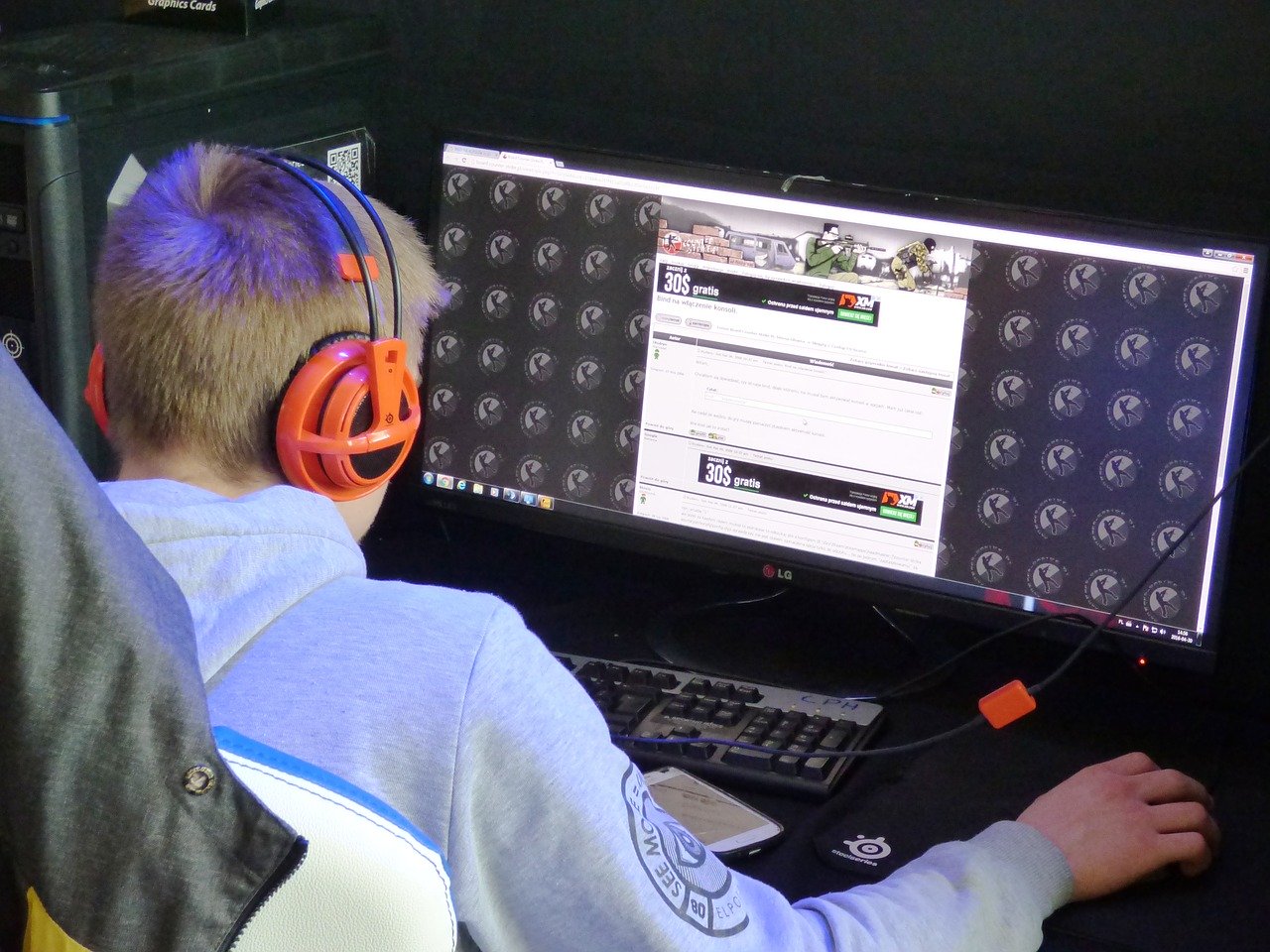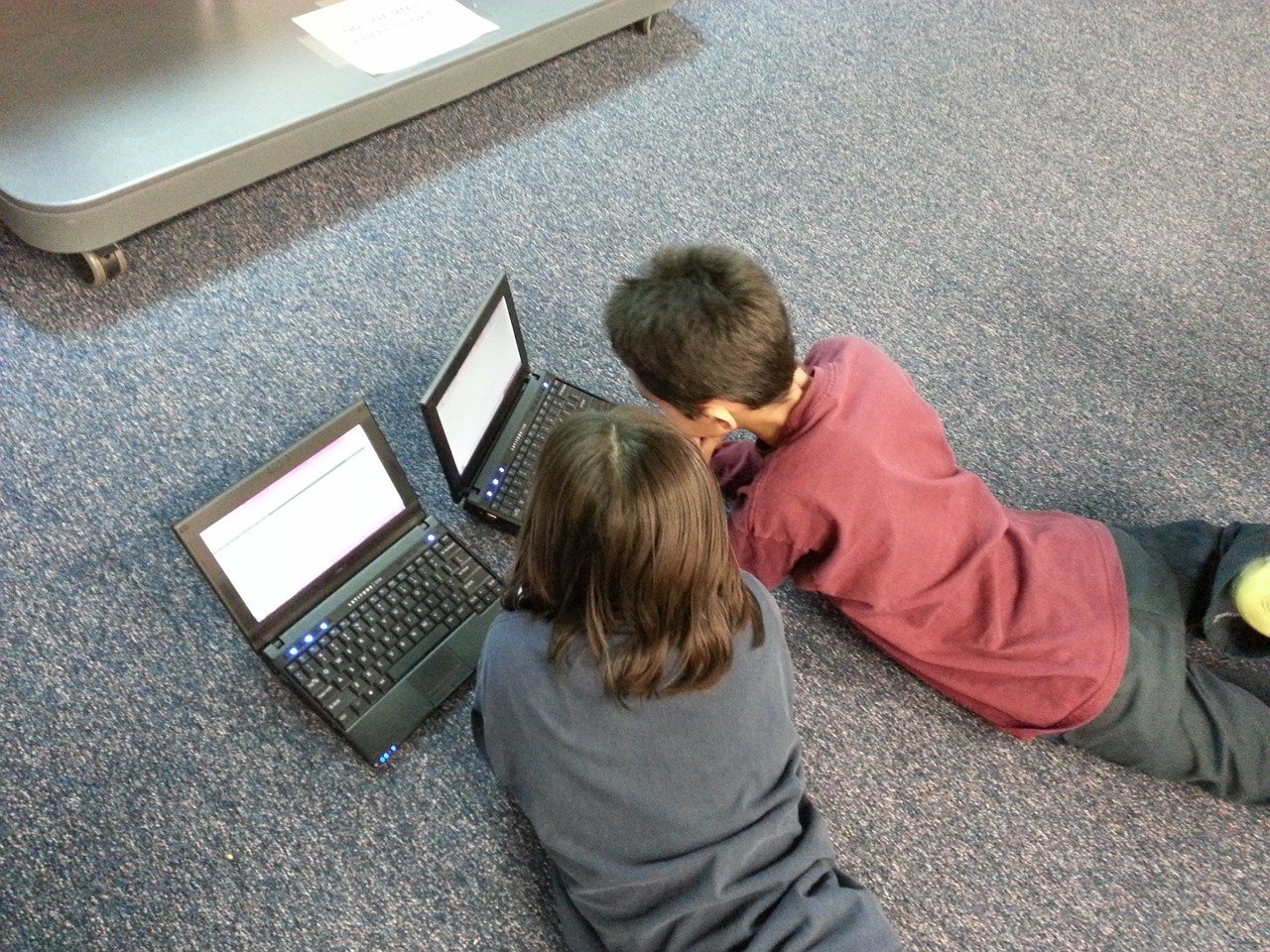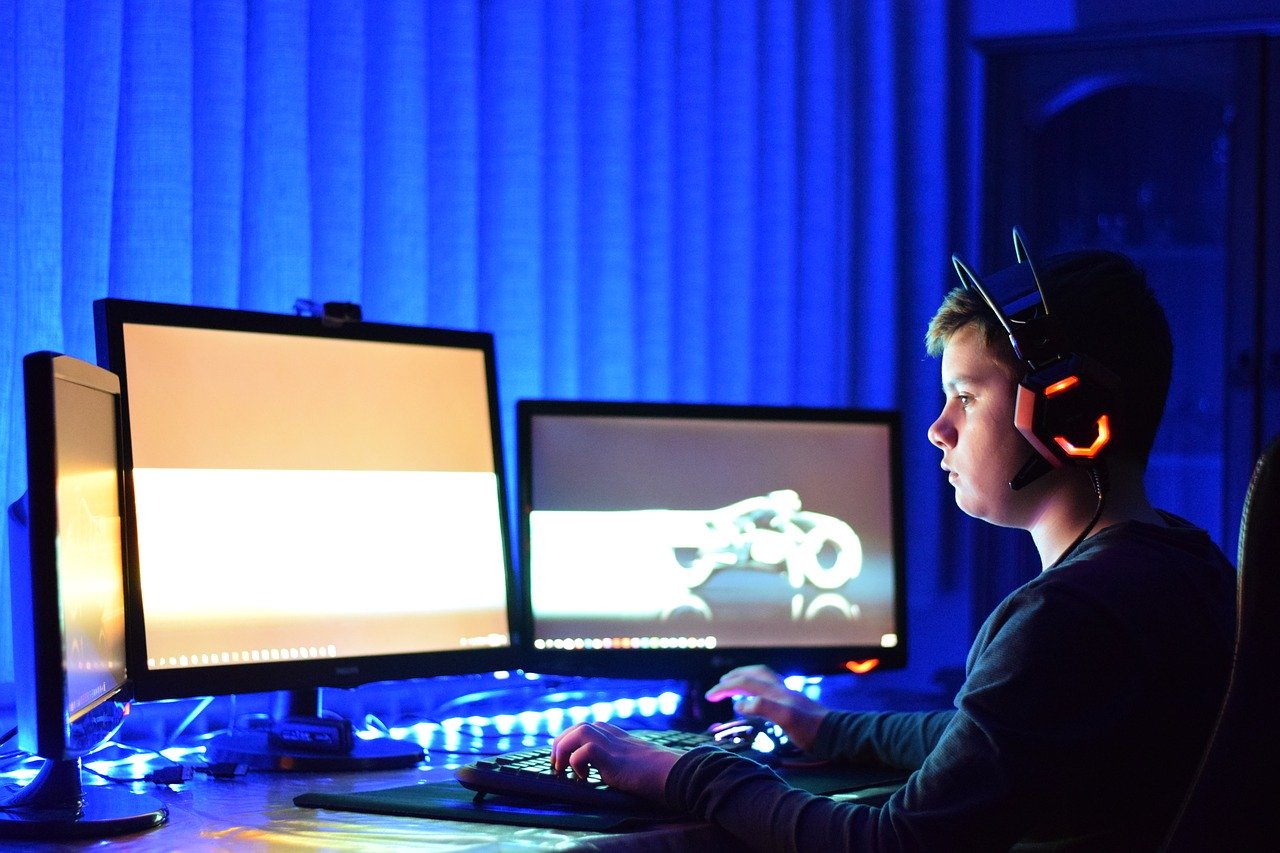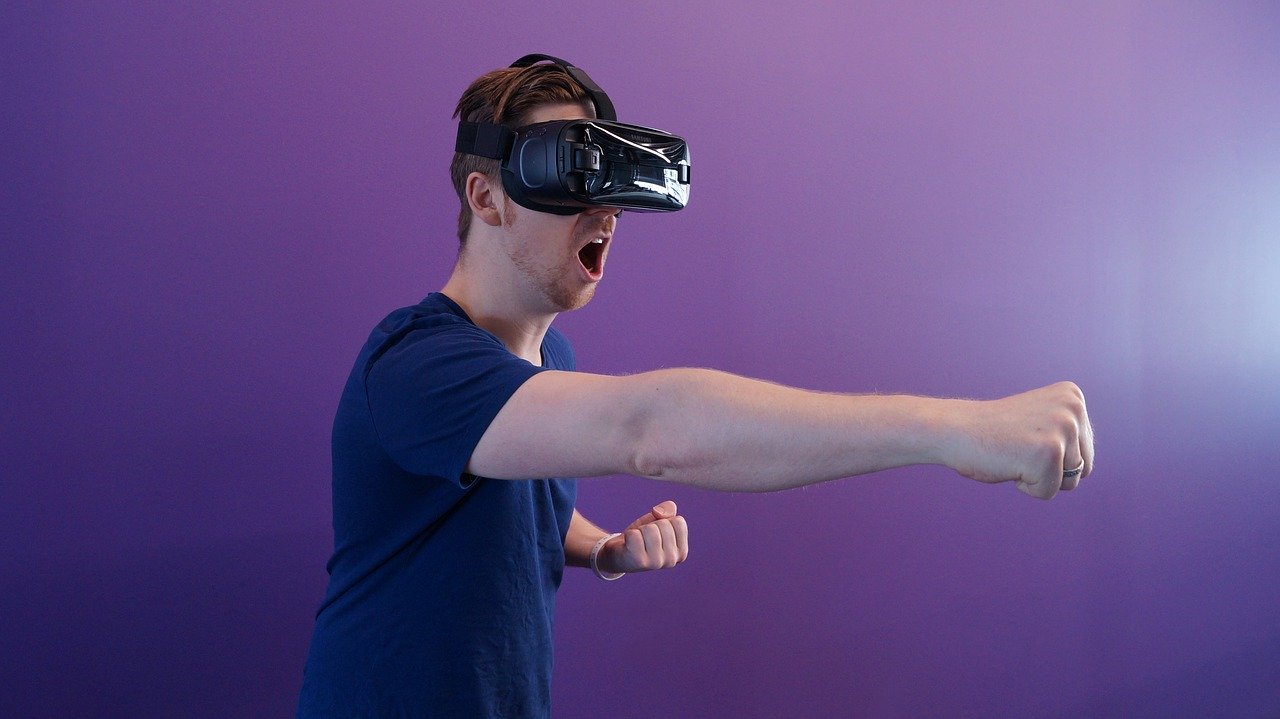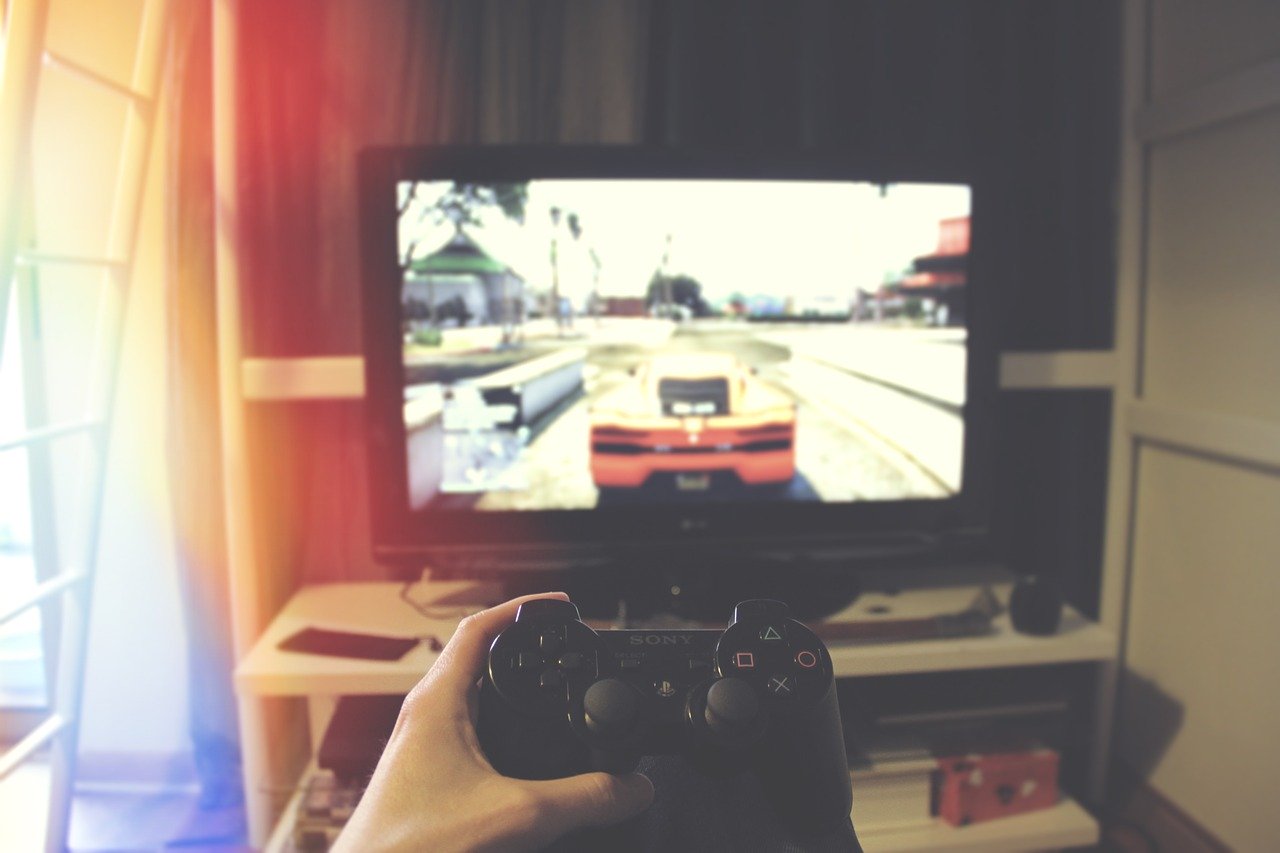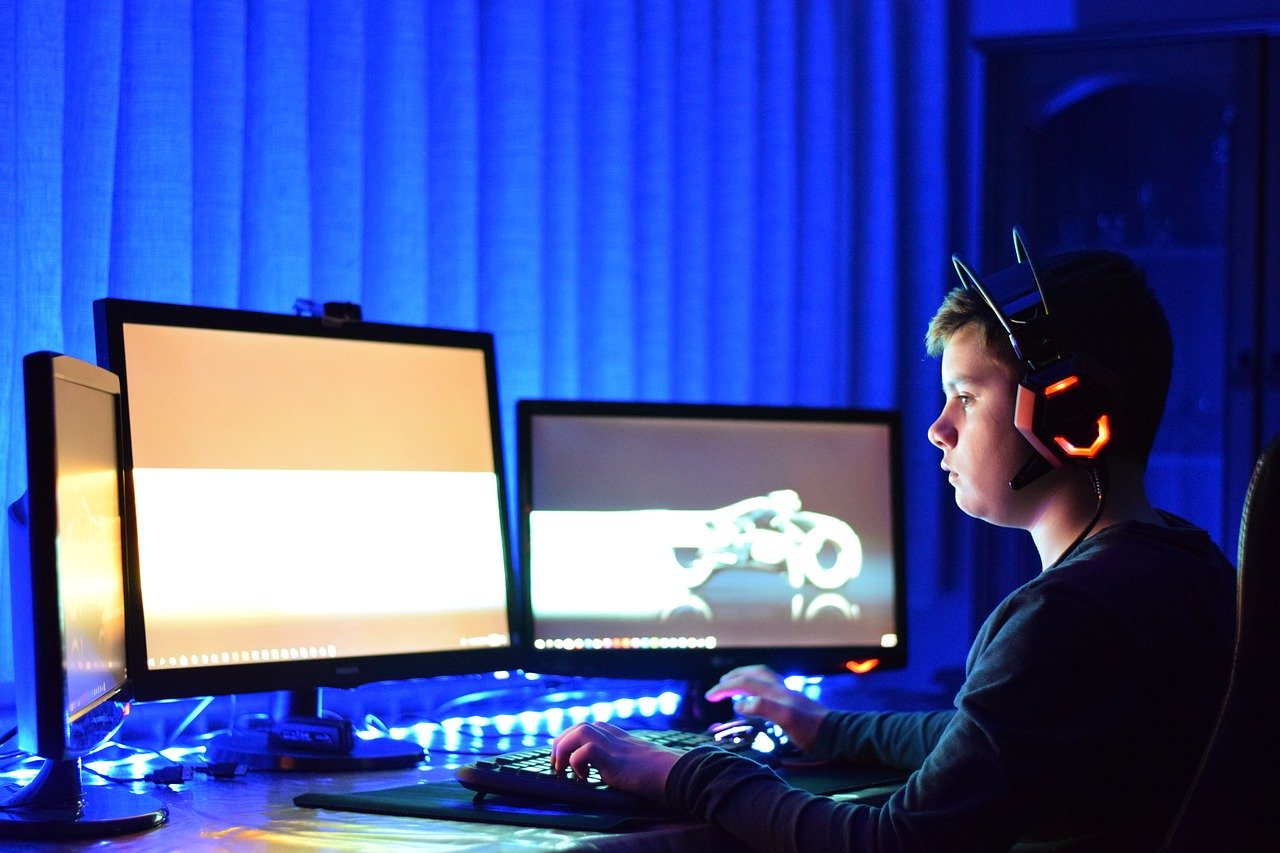In March 2020 researchers from Canada published the results of their study to assess whether a non-active lifestyle or sleep predicted lipid profiles in children over a 2-year period. A … Read more
Increased screen time, particularly computer use, appears to be associated with a small increased risk of anxiety and depression in young adults
In January 2019 researchers from the UK published the results of their study to assess the association between screen use and anxiety and depression in young people. A total of … Read more
Moderate physical activity, watching television/movies for less than 3 hours/day and sitting for under 8.5 hours/day in total reduces the risk and progression of atherosclerosis
In February 2019 researchers from the USA published the results of their study to assess the association between sedentary behavior and physical activity on risk of atherosclerosis in a Mexican … Read more
Face-to-face interaction is required for young children to develop an understanding of emotions, with a greater amount of time spent watching television in girls and on gaming in boys leading to a reduced understanding of emotions
In September 2019 researchers from Norway published the results of their study to assess the association between screen usage and a child’s understanding of emotion. (Emotion understanding is generally defined … Read more
Night time media use may contribute to sleep problems and symptoms of anxiety and depression in adolescents with attention deficit/hyperactivity disorder
In November 2018 researchers from the USA published the results of their study to assess the association between night time media use and sleep problems and internalizing symptoms (ie depression, … Read more
Greater technology use appears to be associated with more sleep-wake problems and less time in bed in all adolescents, but the association between the amount of technology usage and teacher-rated daytime sleepiness only appears to be seen in adolescents with attention deficit/hyperactivity disorder
In June 2019 researchers from the USA published the results of their study to assess the differences in types and amount of technology used by adolescents and its association with … Read more
Scientists, public health practitioners and parents need to better understand the content of their child’s screen time, how they use screens to fulfill specific needs, and how their interaction with screens has an impact on their health and choices
In May 2020 researchers from the USA published their review on the association of extended television viewing with obesity in adolescents. The researchers stated that on a global basis, adolescent … Read more
Reduced physical activity with a greater sedentary lifestyle appears to increase the risk of ear, nose and throat medical conditions in children and adolescents
In February 2020 researchers from Poland published the results of their study to assess the association between physical activity with the development of ear, nose and throat medical conditions. Information … Read more
Active video games may be effective at improving measures of mobility and balance in older people when used either on their own or as part of an exercise programme
In April 2018 researchers from New Zealand and The Netherlands published their review of the medical scientific literature to assess whether active video games could improve measures of physical performance … Read more
Active video games or exergaming may be an effective tool to improve physical activty in adolescents that is more acceptable and sustainable than many conventional approaches
In January 2020 researchers from the USA published their review of the medical scientific literature to assess whether active video games or exergaming could be an effective intervention to improve … Read more
Children who spend more time watching television appear to achieve a lower skill level in language, whilst adolescents who spend a longer time watching television or playing video games tend to achieve a lower overall academic performance
In September 2019 researchers from Spain, Paraguay and Chile published their review of the medical scientific literature to assess the association between screen media use and academic performance in children … Read more
Physical activity and screen time are both associated with sleep quantity or sleep quality in adolescents
In April 2019 researchers from the USA published the results of their study to assess the relationships between physical activity, screen time, and sleep quantity and quality in adolescents. A … Read more
Researchers state it is time to critically reflect on the current business model of ‘user data in exchange for app-use allowance’ and that instead it might be better to ban or regulate certain design elements in apps to come up with less addictive products
In July 2019 researchers from Germany published the results of their analysis of different smartphone apps in an attempt to identify design elements that prolong app usage. This analysis was … Read more
The amount of screen time is linked to the level of depressive symptoms in adolescents
In July 2019 researchers from Canada and Australia published the results of their study to measure the association between screen time and depression. Information on social media, television, video gaming … Read more
Less screen time and more frequent vigorous physical activity is associated with a lower risk of mental health symptoms being reported by adolescents
In April 2018 researchers from Iceland, USA and Norway published the results of their study to assess the association between screen time and physical activity with mental health in adolescents. … Read more
Users of social media are more tightly connected to the internet and time spent with others in the real world is decreasing, which is leading to social isolation and mental health problems
In July 2019 researchers from Japan published the results of their study to assess the relationship between internet addiction, smartphone addiction, and the risk of severe social withdrawal in Japanese … Read more
A greater amount of time spent sitting watching television or at a computer appears to significantly increase cardiometabolic risk factors
In November 2018 researchers from Australia, UK and the USA published the results of their study to assess the association between times spent sitting during four different activities and cardiometabolic … Read more
Researchers call for adolescents and families to receive social media and healthy sleep education as evening/night time screen use reduces sleep time leading to a negative impact on daily functioning and mood
In September 2018 researchers from France (a health network dedicated to the management of sleep disorders) published the results of their study to assess the effect of social media on … Read more
Researchers call for public awareness campaign on manufacturers advice to keep phones off the body, and for use of virtual reality devices to be limited
In May 2018 researchers from Brazil, USA and Israel published the results of their study to assess the absorption of wireless radiation, from cell phone conversations and virtual reality devices, … Read more

